Can a heart healthy plant-based diet lower the odds of getting seriously sick with COVID-19? Yes – by a landslide – according according to a new study published in MBJ Nutrition, Prevention and Health.
The study included 2884 healthcare workers, mostly physicians and all with high exposure to patients with COVID-19, from six countries – France, Germany, Italy, Spain, UK and USA.
The study participants completed a questionnaire that included basic demographics, medical history, medications, lifestyle, COVID-19 symptoms, and the diet they had followed for the past year.
The 11 diet choices were:
- Whole foods, plant-based diet
- Ketogenic diet
- Vegetarian diet
- Mediterranean diet
- Pescatarian diet
- Paleolithic diet
- Low fat diet
- Low carbohydrate diet
- High protein diet
- Other
- None of the above
To increase statistical precision, some of the diets were combined in the analysis. They combined whole food, plant-based diet with vegetarian diets which are low in animal foods and called it “plant-based diet.”
How did it turn out?
Plant-based diets were associated with 73% lower odds of moderate-to-severe COVID-19-like illness.
Compared with those eating a plant-based diet, those eating low carb, high protein diets had a >3-fold higher odds of moderate-to-severe COVID-19.
These associations did not change when BMI or medical conditions were taken out of the equation.
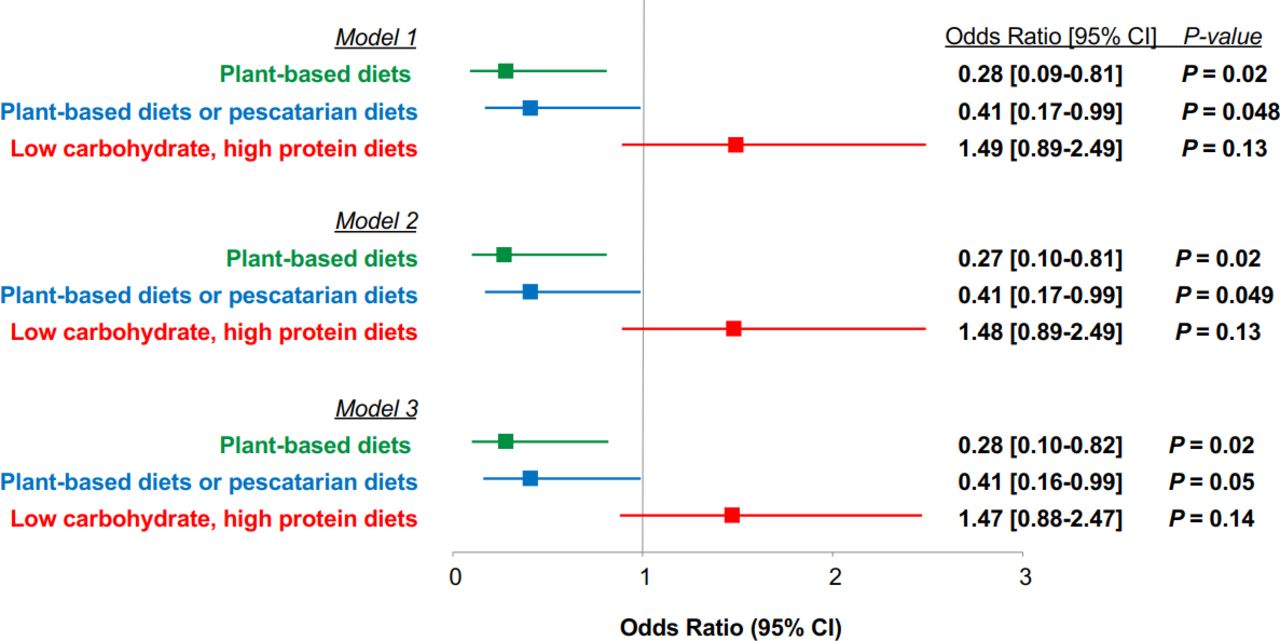
Those following a plant-based diet reported statistically significant higher vegetable, legume (beans, lentils, chickpeas,) and nut intake, and lower amounts of poultry, red and processed meats, sugar-sweetened beverages and alcohol than those that did not follow a plant-based diet.
Those following a low carb, high protein diet also had higher intake of legumes and nuts (good,) lower intake of refined grains, sweets, vegetable oil, and pizza (also good,) but they had higher intake of animal products such as eggs and poultry.
So why such a huge difference in disease severity?
Research has clearly shown that animal foods are pro-inflammatory and are harmful to health.
Plant-Based Diets Are Anti-Inflammatory
Plant-based diets are high in anti-inflammatory nutrients, including phytochemicals such as polyphenols and carotenoids that only come from plants. This way of eating is also high in vitamins A, C and E which have been shown to decrease the risk of respiratory infections.
Plant-Based Diets Support Healthy Immunity
The micronutrient-dense plant-based diet also supports the immune system. Phytonutrients play a role in the production of antibodies and the proliferation of lymphocytes that produce antibodies that attack viruses. Plant nutrients also reduce oxidative stress which can damage cells, proteins and DNA.
A WFPB Diet Prevents Heart Disease
This way of eating is also the only diet proven to prevent and reverse heart disease, addressing underlying conditions that are known to result in severe COVID-19 illness, such as type 2 diabetes, high blood pressure and obesity.
Prepare Your Body
COVID-19 and its variants seem to be here to stay for a while. This study demonstrates that even if you are just beginning your journey to a healthier weight and heart, a plant-based diet can greatly lower the risk of getting seriously sick.
There has never been a better time to make diet and health a priority. New viruses and variants will continue to emerge and circulate. You need a healthy body that can handle whatever comes at it.
If you’re ready to get started and want my support, check out the Juicy Plant-Based KickStart program.
If you are already eating a heart healthy, whole food, plant-based diet, please share what motivated you to make this lifestyle change in the comments.
And if you’re motivated to make this change now, share with me 1 change you are going to do TODAY to improve your diet and health. You can do it!

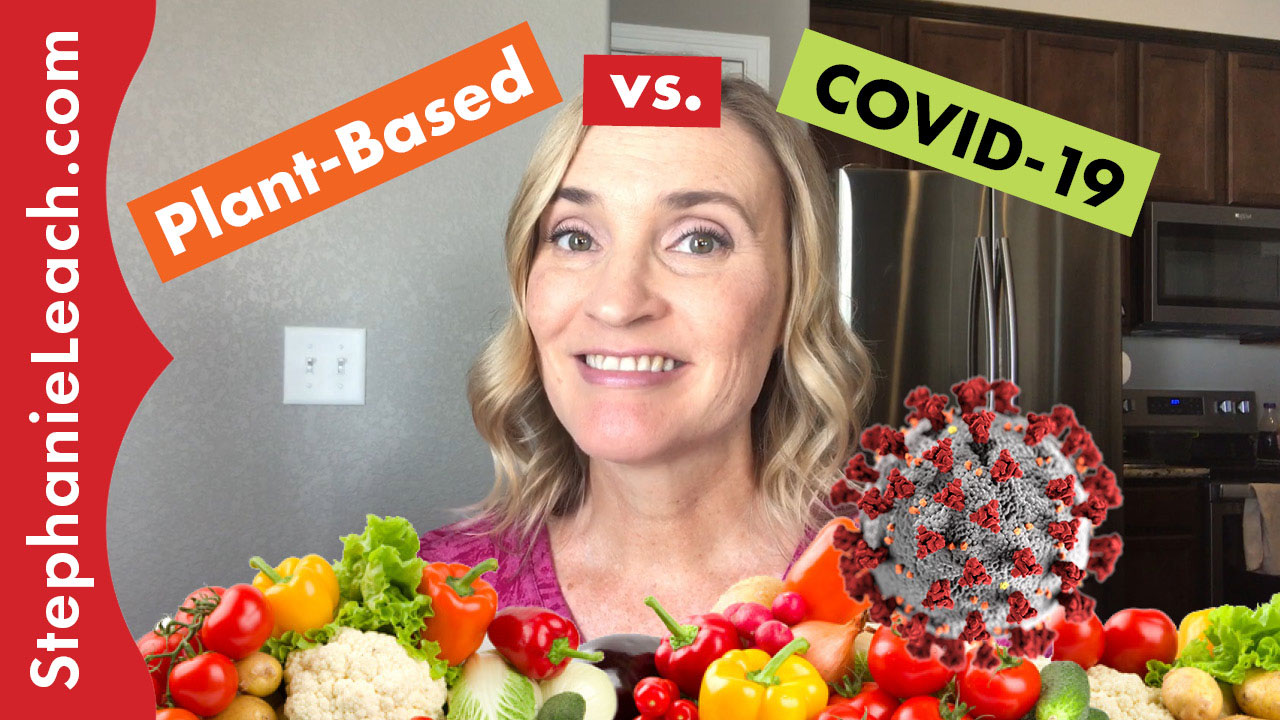


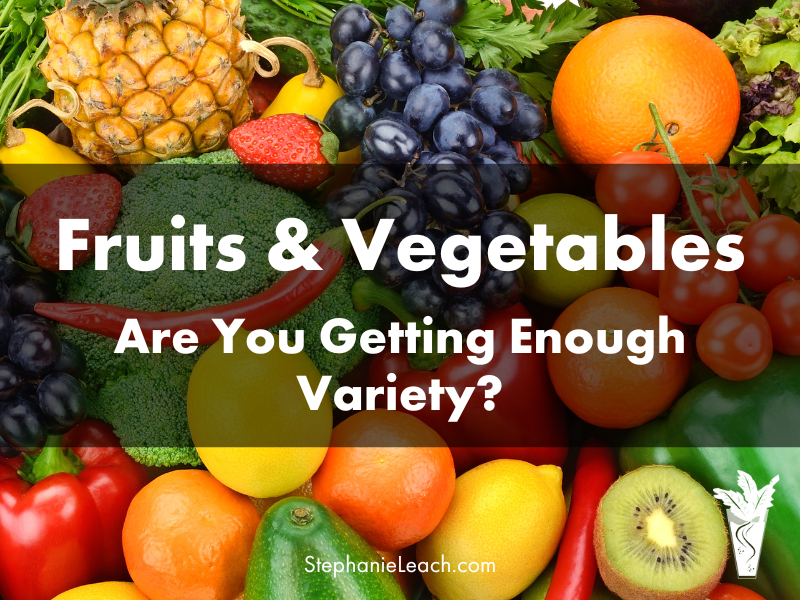
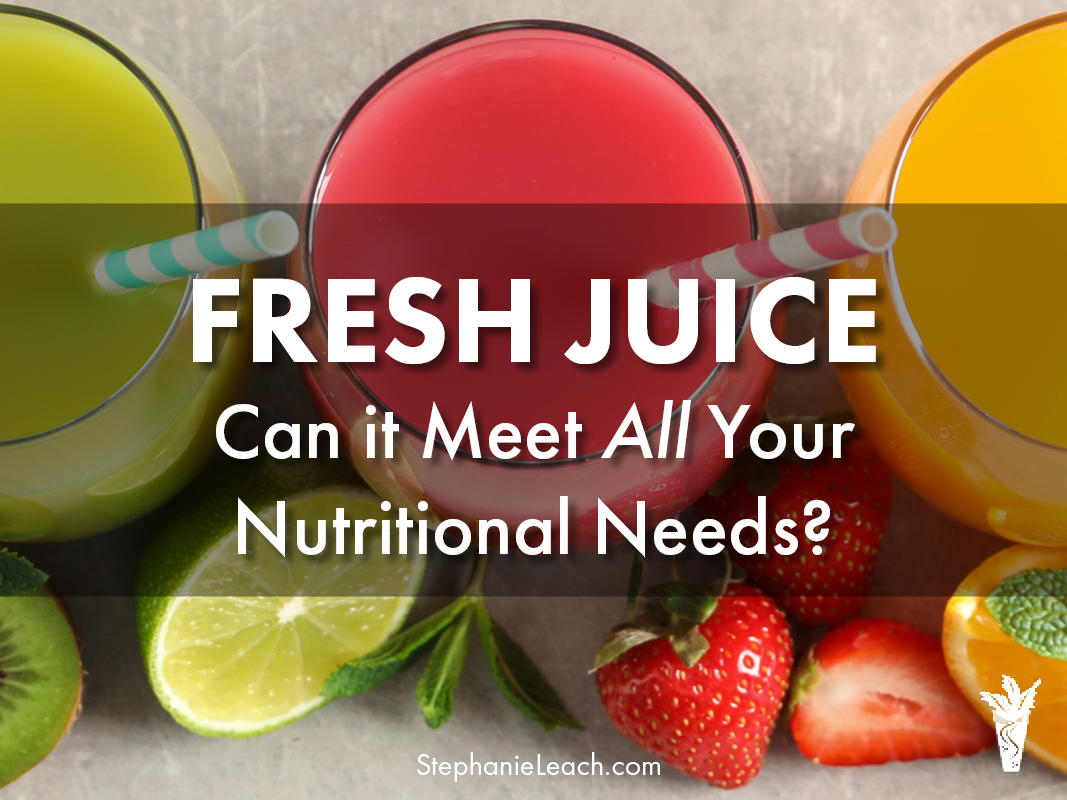
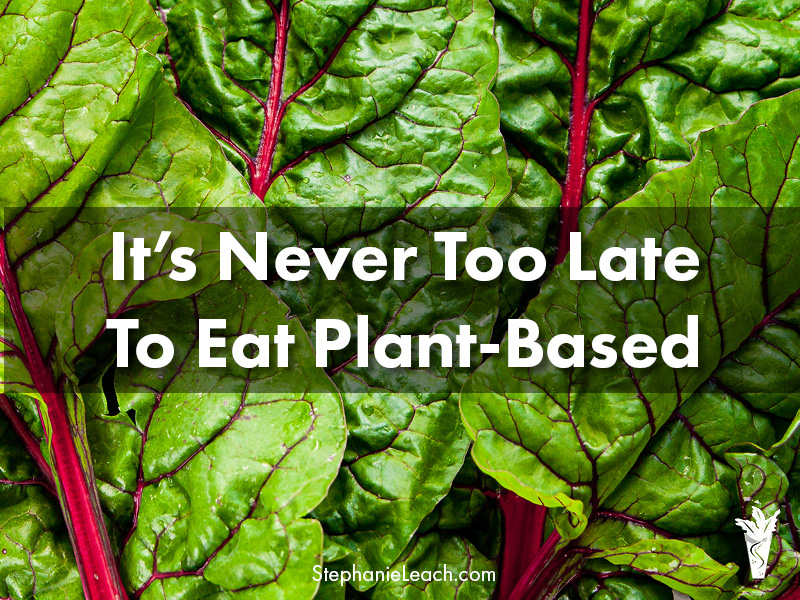


Leave A Comment